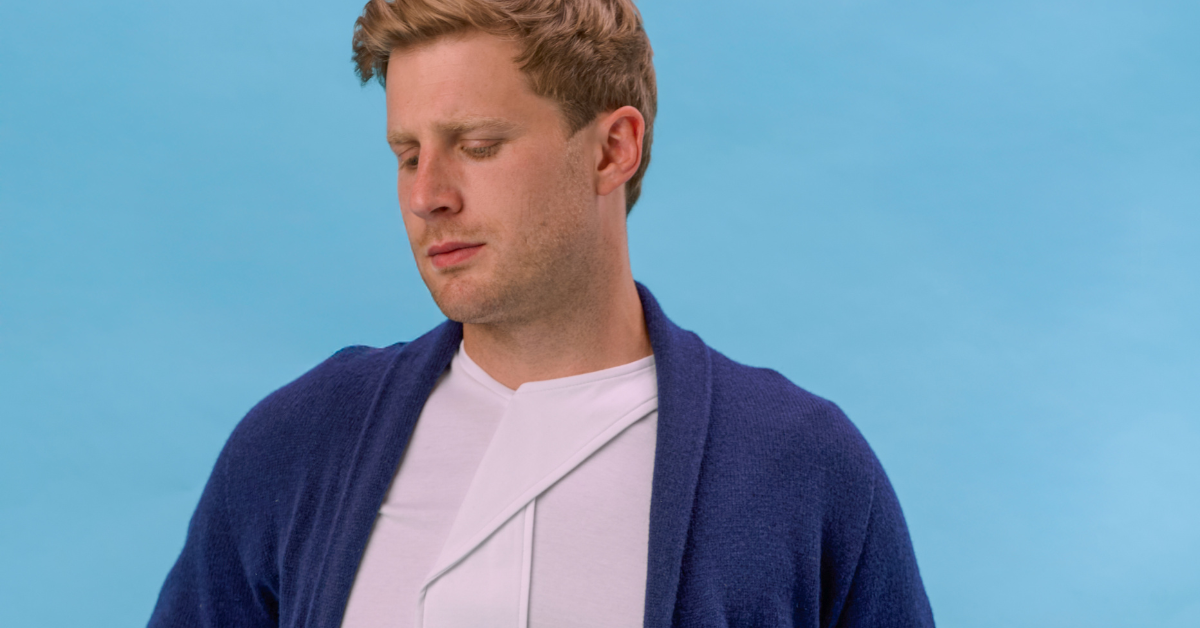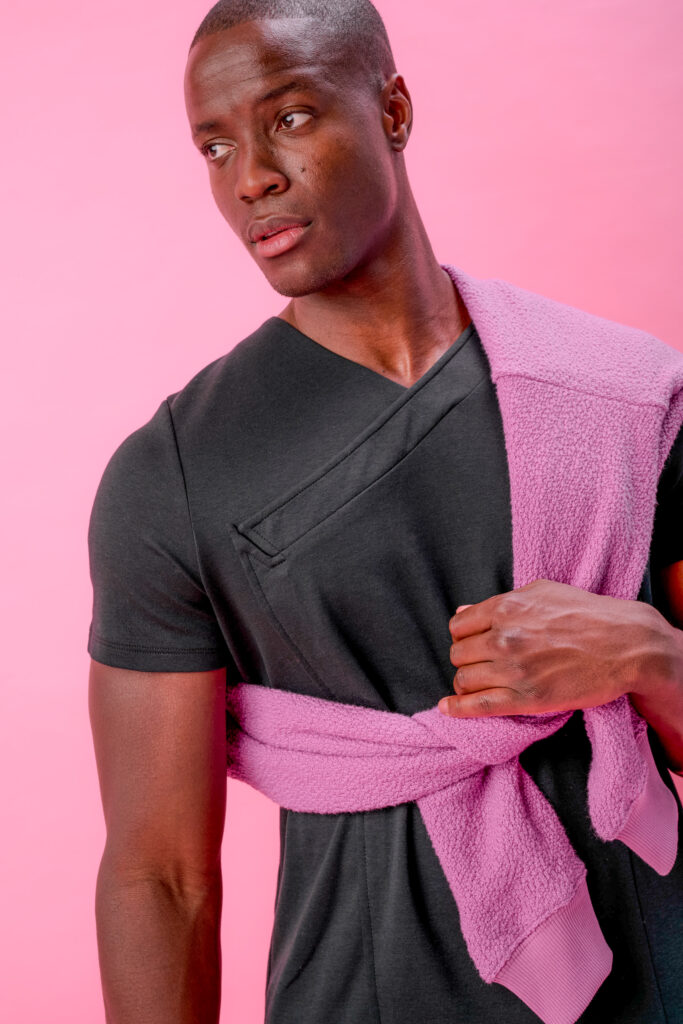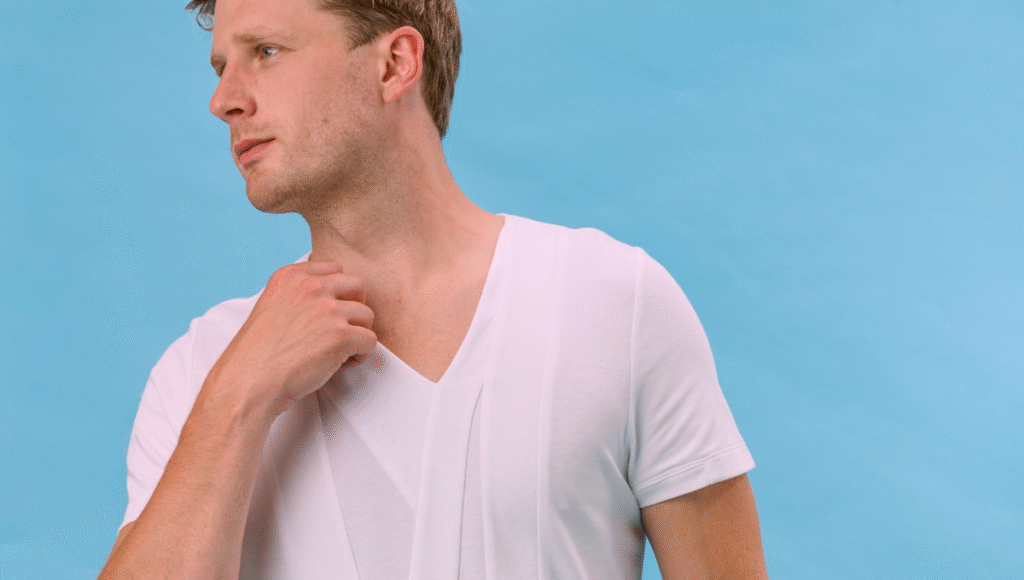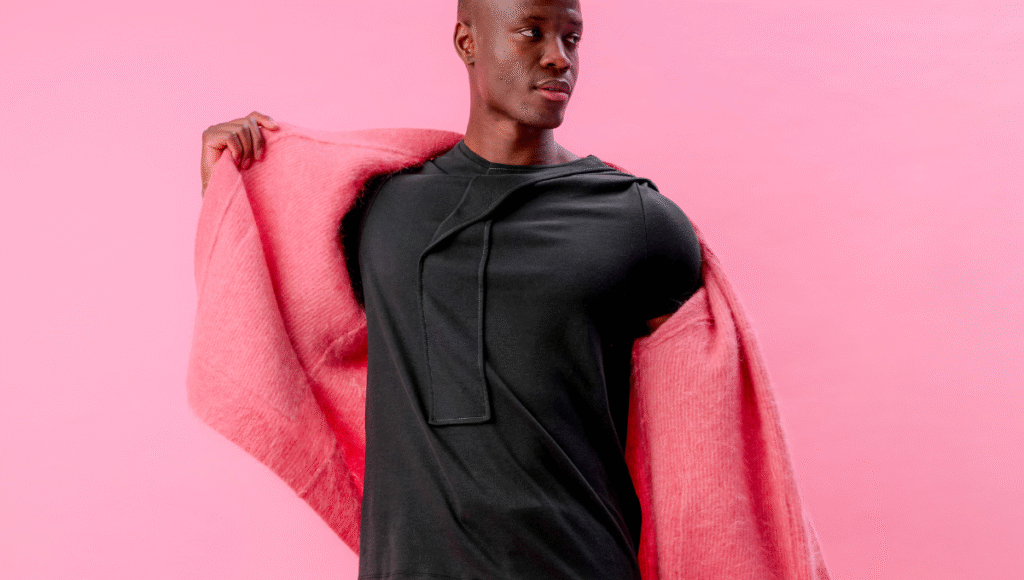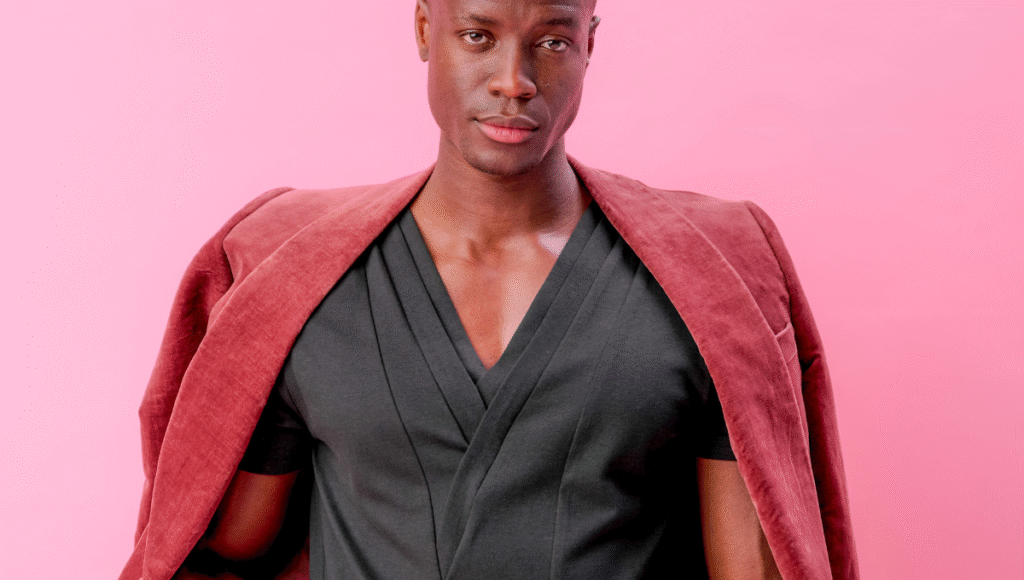You’ve probably found yourself standing online or in a shop, comparing two gorgeous cotton products, wondering if that extra cost is worth it.
Both Supima cotton and Egyptian cotton are considered luxury fibers, but they’re actually quite different in terms of origin, quality, and characteristics.
In this post, I’ll break down everything you need to know about these premium cotton varieties.
You’ll discover what makes each special, how they compare in terms of durability and comfort, and which might be the better choice for your needs.
What Is Supima Cotton?
Supima cotton is a premium American-grown cotton that represents only about 1% of all cotton produced in the United States.
The name “Supima” comes from “Superior Pima,” referring to the high-quality Pima cotton variety originally developed from Egyptian cotton seeds.
This exceptional cotton is exclusively grown in California, Arizona, New Mexico, and Texas under strict agricultural standards.
What sets Supima cotton apart is its extra-long staple fibers, which measure at least 1.5 inches in length.
These longer fibers create stronger, smoother yarn that results in softer, more durable fabrics.
The cotton is also known for its natural luster and excellent color retention, making it perfect for luxury garments and premium bedding.
Only licensed manufacturers can use the trademarked Supima® label, ensuring authenticity and quality control.
This certification process means you can trust that genuine Supima cotton products meet rigorous standards for fiber length, strength, and purity.
Understanding Egyptian Cotton
Egyptian cotton has been considered the gold standard of luxury cotton for over a century.
Grown exclusively in the Nile River Valley, this premium cotton benefits from the region’s unique climate and fertile soil.
The long, hot summers and nutrient-rich alluvium create perfect growing conditions for developing exceptionally long cotton fibers.
True Egyptian cotton features extra-long staple fibers, typically measuring 1.5 to 2 inches in length.
These extended fibers allow for the creation of finer, stronger threads that produce incredibly soft and durable fabrics.
The natural properties of Egyptian cotton include superior absorbency, breathability, and a distinctive silky feel.
However, not all cotton labelled as “Egyptian” is genuine.
Some manufacturers blend Egyptian cotton with lower-grade fibers or use misleading marketing terms.
Look for certifications or verify that the cotton is 100% Egyptian long-staple cotton to ensure you’re getting the real deal.
Also Read:- What to Wear to Dîner en Blanc, All-White Parties & Summer Soirées
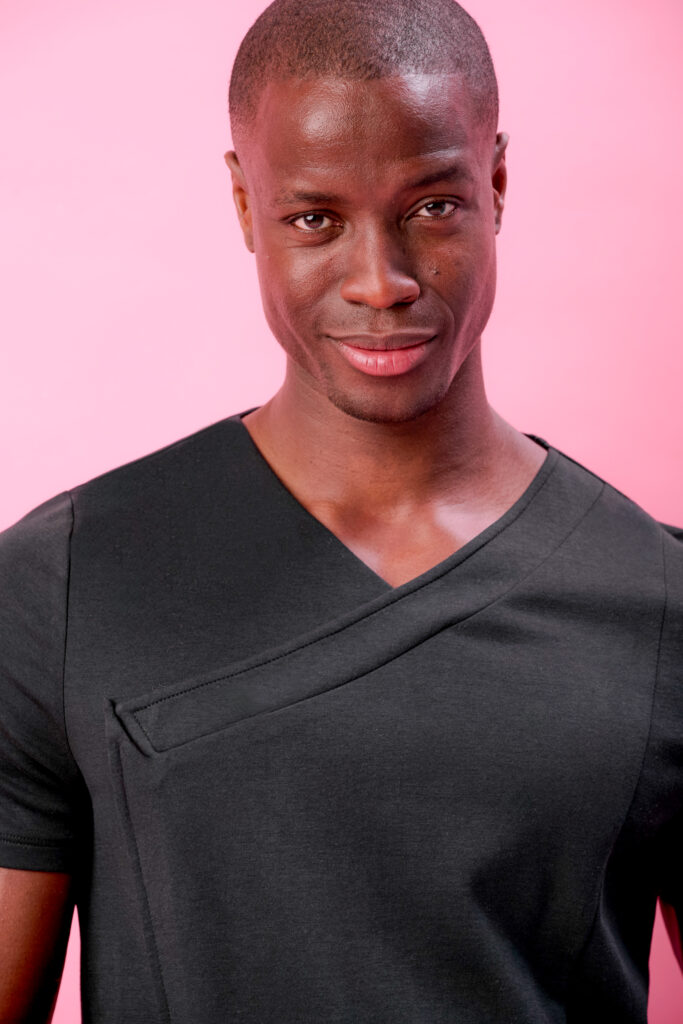
Key Differences Between Supima Cotton and Egyptian Cotton
Origin and Growing Conditions
The most obvious difference lies in where these cottons are grown.
Supima cotton is exclusively American, cultivated in the southwestern United States under controlled conditions.
The hot, dry climate of these regions produces consistent, high-quality cotton with reliable characteristics.
Egyptian cotton, on the other hand, comes from the Nile Delta region of Egypt.
The combination of desert climate, river irrigation, and mineral-rich soil creates unique growing conditions that have been perfected over thousands of years.
Fibre Length and Quality
Both cottons feature extra-long staple fibers, but there are subtle differences.
Supima cotton fibers typically measure 1.5 inches or longer, with very consistent length and strength.
Egyptian cotton can have slightly longer fibers in some varieties, sometimes reaching up to 2 inches.
The consistency of Supima cotton tends to be higher due to modern agricultural techniques and quality control measures.
Texture and Feel
When it comes to the hand feel, both cottons offer exceptional softness, but in slightly different ways.
Supima cotton tends to have a smooth, silky texture that becomes even softer with each wash.
It drapes beautifully and maintains its shape well over time.
Egyptian cotton often has a slightly more substantial feel initially, with a natural luster that gives it an almost luminous appearance.
Both cottons improve with age, becoming softer and more comfortable over time.
Also Read:- Can You Wear a T-Shirt to Work?
Durability and Longevity
Both premium cottons are incredibly durable, but their longevity characteristics differ slightly.
Supima cotton is engineered for consistency and longevity, often lasting 20-30% longer than regular cotton.
The uniform fiber length means less pilling and breaking over time.
Egyptian cotton is naturally strong due to its long fibers and can last for decades with proper care.
However, quality can vary more depending on the specific variety and growing conditions.
Price and Availability
Supima cotton is generally more readily available and slightly more affordable than top-quality Egyptian cotton.
The controlled production and licensing system means prices are relatively stable.
Egyptian cotton prices can vary significantly depending on the grade and authenticity.
Genuine, high-quality Egyptian cotton often commands premium prices due to its reputation and limited production.

Benefits of Choosing Premium Cotton
For Clothing
Both Supima and Egyptian cotton excel in garment applications.
At W. Rubens, we use Supima cotton to create our luxury t-shirts that combine comfort with durability.
Our medium-weight Supima Cotton Crew Neck T Shirt showcases how superior cotton can elevate a basic garment into something extraordinary.
The longer fibers mean less pilling, better colour retention, and improved comfort with every wear.
These premium cottons also breathe better than standard cotton, keeping you comfortable throughout the day.
For Bedding and Home Textiles
In bed linen, both cottons offer exceptional comfort and longevity.
The superior absorbency means they wick moisture away from your skin while sleeping.
The natural breathability helps regulate temperature, keeping you cool in summer and comfortable in winter.
Both cottons become softer with each wash, creating bedding that actually improves over time.
Environmental Considerations
Modern Supima cotton production often follows sustainable practices, including water conservation and responsible farming methods.
Many Egyptian cotton producers are also adopting more sustainable approaches, though practices can vary.
Both cottons, being natural fibers, are biodegradable and more environmentally friendly than synthetic alternatives.
How to Care for Premium Cotton
Washing Guidelines
- Both Supima and Egyptian cotton benefit from gentle care to maintain their quality.
- Wash in cool to warm water (30°C) to prevent shrinkage and color fading.
- Use mild, color-safe detergents and avoid bleach or fabric softeners, which can break down the natural fibers.
Drying Tips
- Air drying is best for preserving the fiber integrity and preventing shrinkage.
- This prevents over-drying, which can make even premium cotton feel stiff.
Storage and Maintenance
- Store clean, completely dry cotton items in breathable containers or wardrobes.
- Avoid plastic bags, which can trap moisture and lead to mildew.
- Iron while slightly damp for best results, using appropriate heat settings for cotton.
Making the Right Choice for Your Needs
Consider Your Budget
If you’re looking for reliable luxury cotton at a more accessible price point, Supima cotton offers excellent value.
For those seeking the ultimate luxury experience and don’t mind paying extra, high-quality Egyptian cotton might be worth the investment.
Think About Usage
For everyday items like t-shirts and casual wear, Supima cotton provides durability and comfort that justifies the cost.
For special occasion items or luxury bedding, Egyptian cotton’s reputation and feel might be more appealing.
Quality Over Labels
Remember that the grade and quality matter more than the type.
A high-quality Supima cotton product will outperform a low-grade Egyptian cotton item every time.
At W. Rubens, we focus on sourcing the finest materials to ensure our customers receive exceptional quality regardless of the specific cotton variety.
Conclusion
Both Supima cotton and Egyptian cotton represent the pinnacle of cotton luxury, each with distinct characteristics and benefits.
Supima cotton offers consistency, reliability, and excellent value, while Egyptian cotton provides traditional luxury and prestige.
The choice between them often comes down to personal preference, budget, and specific needs.
Whether you choose Supima or Egyptian cotton, investing in premium cotton products means enjoying superior comfort, durability, and satisfaction for years to come.
At W. Rubens, we understand the importance of quality materials in creating exceptional garments that stand the test of time.
When you’re ready to experience the difference that premium cotton makes, explore our collection of handcrafted pieces that showcase the best of British tailoring combined with the finest cotton varieties.
Remember, when comparing Supima Cotton Vs Egyptian Cotton, the key is finding authentic, high-quality products that match your specific needs and preferences.
Frequently Asked Questions
Is Supima cotton better than Egyptian cotton?
Neither is definitively better they’re different. Supima offers consistent quality and value, while Egyptian cotton provides traditional luxury and prestige.
How can I tell if Egyptian cotton is genuine?
Look for 100% Egyptian cotton labels, check for certifications, and buy from reputable retailers. Genuine Egyptian cotton feels exceptionally soft and smooth.
Does Supima cotton shrink?
Supima cotton has minimal shrinkage when properly cared for. Follow washing instructions and avoid high heat to maintain size and shape.
Why is Egyptian cotton more expensive?
Limited growing regions, traditional reputation, and variable quality grades contribute to higher prices. Genuine Egyptian cotton requires specific climate conditions.
Which cotton is better for sensitive skin?
Both Supima and Egyptian cotton are excellent for sensitive skin due to their natural fibres, breathability, and smooth texture that reduces irritation.

